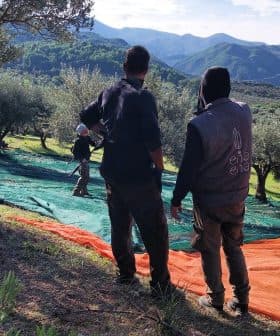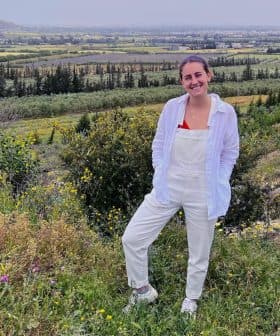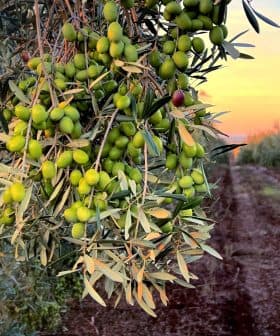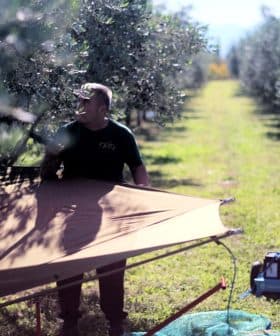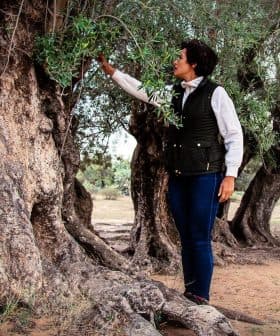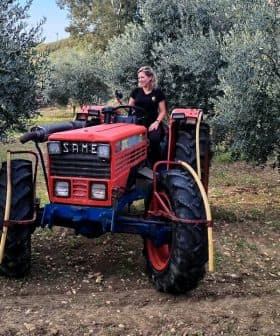Olive Oil Producers in Middle East Enjoy Award-Winning Finish to Bumper Harvest
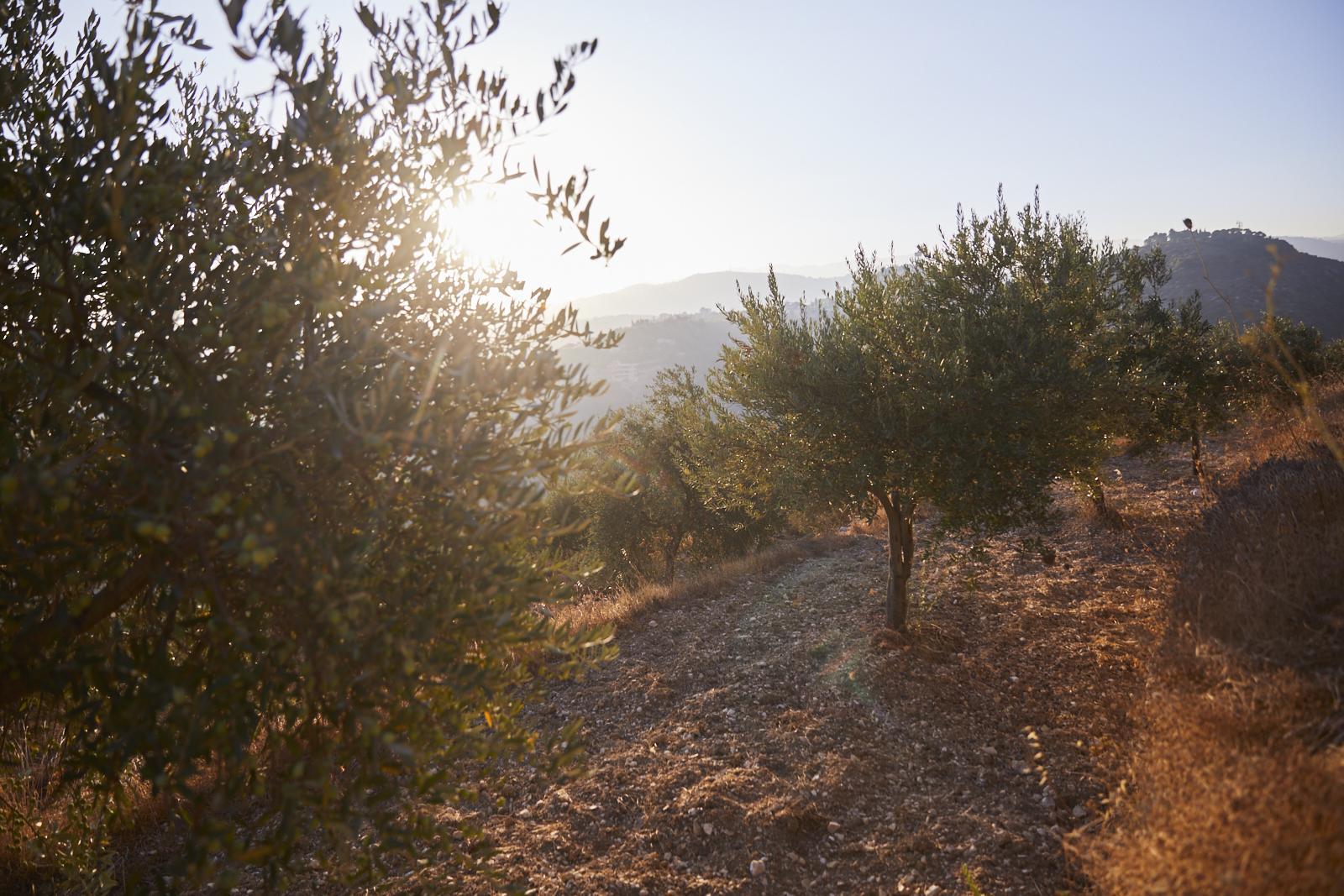
Farmers and producers from Lebanon, Jordan, and Israel celebrated an award-winning end to the previous harvest by winning 14 awards at the 2023 NYIOOC World Olive Oil Competition, with Lebanese producers praised for their efforts despite facing challenges such as workforce shortages and power cuts. Al-Maida Agricultural in Jordan won two Gold Awards and a Silver Award, focusing on sustainable expansion and ensuring high quality through consistent dedication and commitment. Israeli producers, like KeremZait, celebrated a record haul of eight awards at the NYIOOC, with owner Nimrod Azulay attributing their success to state-of-the-art technologies and a strong relationship with customers.
Amid the challenges posed by rising production costs and growing market uncertainties, farmers and producers from Lebanon, Jordan and Israel celebrated an award-winning end to the previous harvest.
Growers and millers from the three countries combined to win 14 awards at the 2023 NYIOOC World Olive Oil Competition, up from the ten awards producers from the three countries earned at the previous edition of the competition.
Lebanese NYIOOC winners were praised for their efforts by their country’s outgoing Minister of Agriculture, Abbas Hajj Hassan.
See Also:The best extra virgin olive oils from LebanonProducers in the country, enduring one of the worst financial crises of modern times, combined to win two Gold Awards and a Silver Award.
Lebanese producers cited workforce shortages, power cuts and rampant inflation as some of the many challenges they faced during the previous harvest.
Still, the country produced 17,000 tons of olive oil in the 2022/23 crop year, in line with the five-year average.
“Olive oil is a promising product with which Lebanon can compete with most exporting countries despite the many crises it is going through,” Hassan said in April when the first Lebanese producers were awarded.
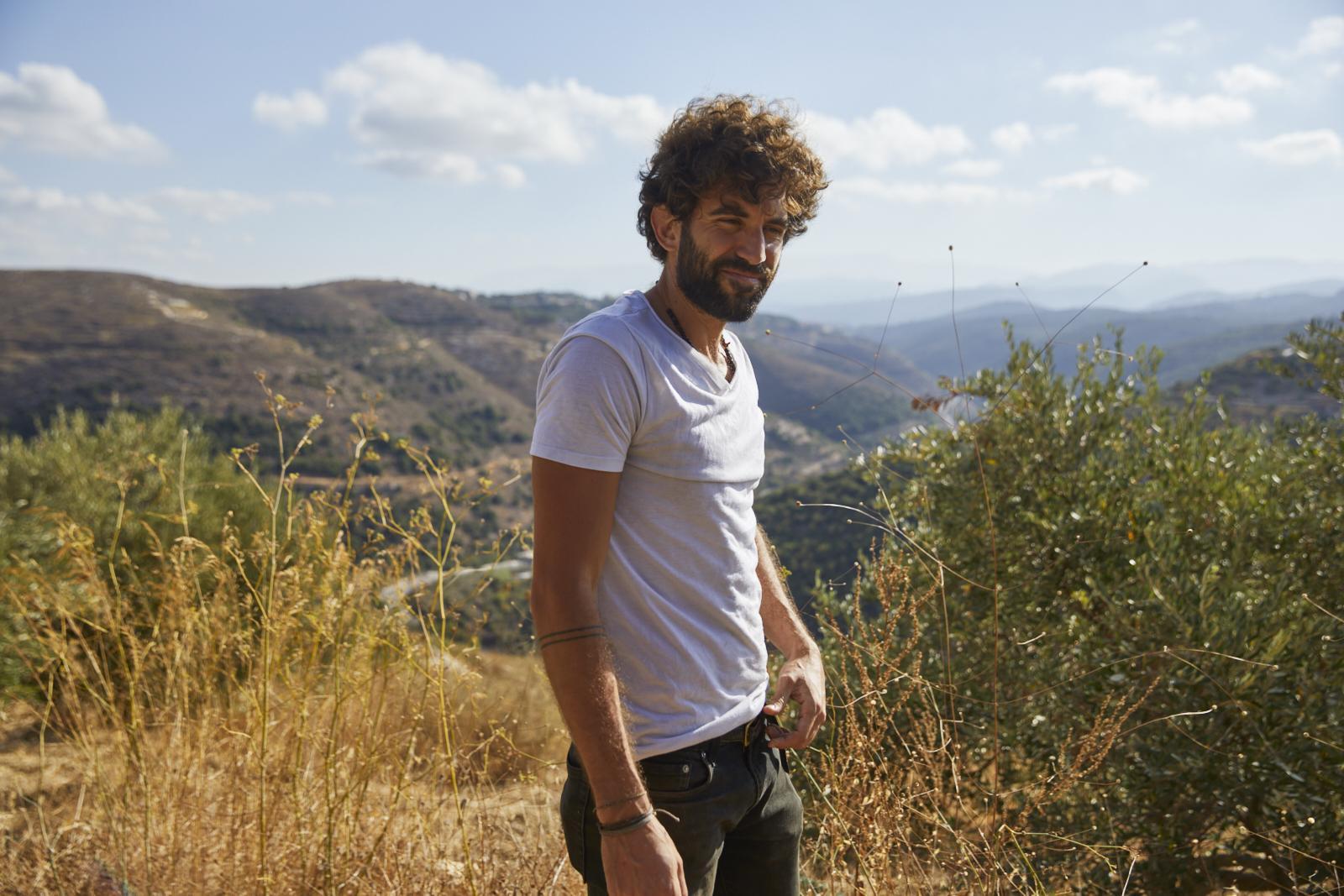
Karim Arsanios
“It is heartwarming to see Lebanese extra virgin olive oil brands winning such competitions abroad; it makes me really happy,” Karim Arsanios, the owner of Solar Olives, located in the northern hills of Lebanon, told Olive Oil Times.
Solar won a Gold Award in 2022 and a Silver Award in 2023 with its Kour extra virgin olive oil, placing itself among the rare Lebanese producers to win awards in consecutive years at the World Competition.
“When I first started producing extra virgin olive oil, I wanted something full of character, tangy and peppery, all attributes that I couldn’t find in Lebanese olive oils,” Arsanios said.
“Since the beginning, we were not trying to become the world’s best producer but rather to try to help Lebanese extra virgin olive oils conquer the international scene,” he added. “Our land has a lot to offer, and I like to think that I had something to do with what we are seeing in Lebanon [regarding high-quality production].”
Solar has an organic farming approach that integrates traditional elements with modern techniques and state-of-the-art technologies.
“What I did when I first started this project was adopt old practices of working the land and updating them by instilling new techniques based on science,” Arsanios said.
“We let nature do the work and try to interfere as little as possible,” he added. “We have a small ecosystem where chickens and other animals fertilize the land naturally.”
“Because we’re an organic brand, we go through a tedious process of sorting the olives, discarding the ones that are dry, dented or that have bugs,” Arsanios continued.
Farther south in Jordan, Al-Maida Agricultural celebrated winning two Gold Awards and a Silver Award.
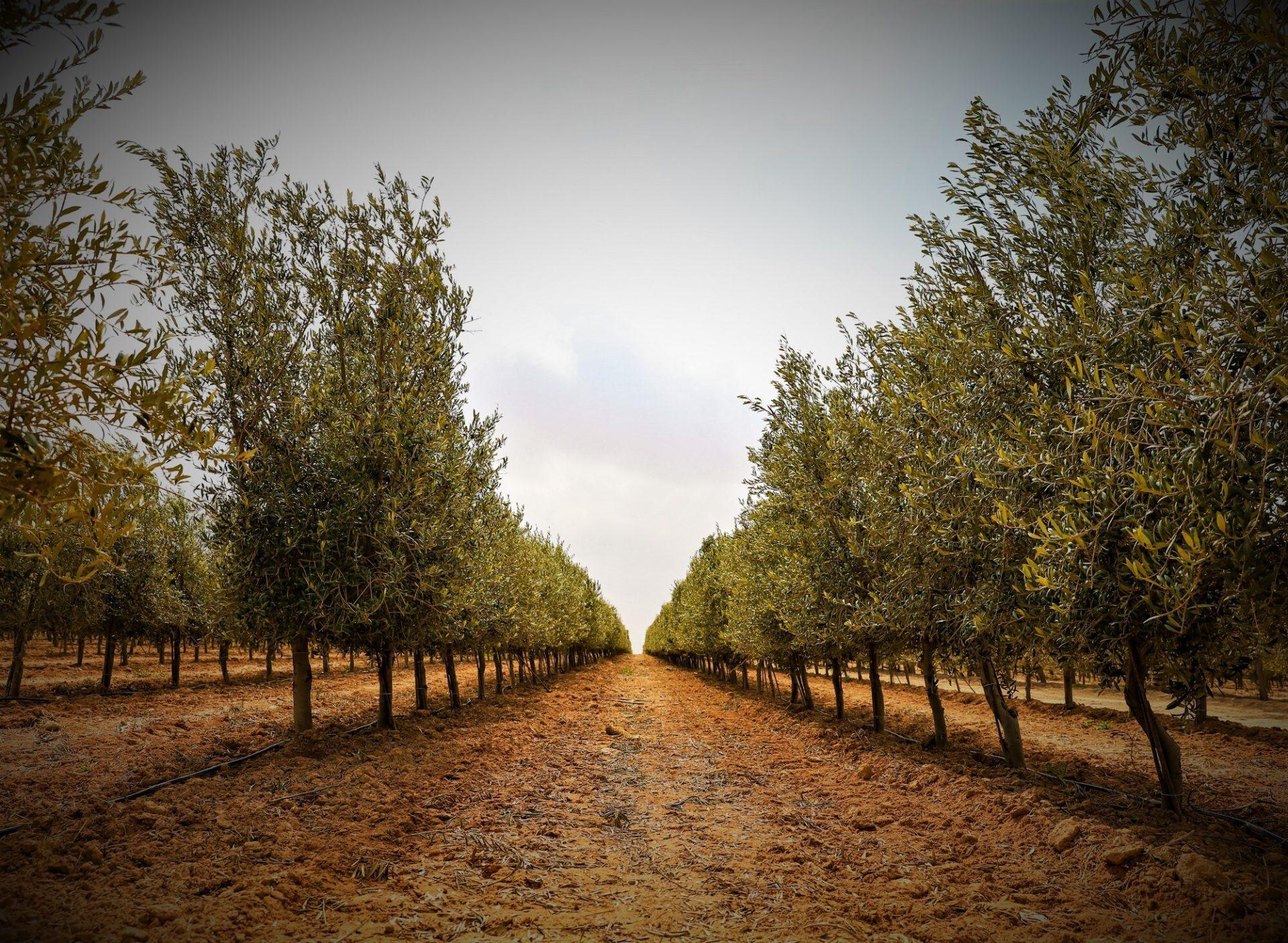
(Photo: Al-Maida Agricultural)
The awards came at the end of a slightly better-than-expected season, with Jordan producing 27,500 tons of olive oil, slightly above the five-year average.
Over the past three years, Al-Maida Agricultural has set a goal of sustainable expansion in the Jordan desert and has won five Gold Awards and four Silver Awards along the way.
However, founder and chief executive Ziad Bilbeisi and his daughter, Amelia, said ensuring high quality through the years is difficult.
“Any producer will tell you it takes passion, dedication and commitment,” they told Olive Oil Times. “But for us, we would say that we remain focused on the consistency of quality no matter what problems are encountered.”
“We work with the highest caliber chefs worldwide, and they have quality and flavor expectations,” they added. “We have to deliver on that year after year.”
The Al-Maida Agricultural encompasses different terroirs with different cultivars and soil.
“It varies from silty loamy, sandy loamy to loamy clay, leading us to approach each with their specific care and milling [settings],” the producers said.
Water for irrigation is a significant issue for vast areas of Jordan. “We work year-round to care for our trees,” the Bilbeisi said. “Jordan is a water-poor country, so we employ dedicated technologies to monitor our water usage and employ a water management plan.”
“Currently, we are working on a new system based on research and daily data analysis to preserve even more water,” they added, hinting at the ongoing work to further improve the sustainability of their olive farming activities.
Al-Maida’s winning extra virgin olive oils are Arbequina and Arbosana monovarietals, grown by the company together with Koroneiki and local cultivars, such as Nabali.
“A new variety for us is Oliana, which we planted during the Covid-19 pandemic lockdown,” the father-daughter team said. “We are immensely proud of its potential and already seeing [the first results].”
Oliana is an Arbequina-Arbosana hybrid developed in Spain to populate super-intensive (super-high-density) olive groves.
“We are extremely optimistic about the new season as it is the culmination of several years of hard work and planning coming to fruition,” they said. “So far, everything indicates a positive and plentiful upcoming harvest despite recent temperature fluctuations.”
Meanwhile, to the west of Jordan, producers in Israel celebrated a record haul of eight awards at the NYIOOC. The award-winning finish to the year came after a bumper harvest in which Israel produced 18,000 tons of olive oil, far exceeding the five-year average of 15,000 tons.
See Also:The best extra virgin olive oils from IsraelWith three Gold Awards won at the competition, KeremZait confirmed itself as one of the best Israeli olive oil producers.
In the last few years, Israeli producers’ presence at the NYIOOC has steadily grown, with this year’s total slightly exceeding last year’s and more than doubling the total of 2021.
“The last season was an excellent season for KeremZait,” owner Nimrod Azulay told Olive Oil Times. “Following one of our lowest yields, last season’s yield was exceptionally high. What was exciting for us is that the oil quality was beyond our expectations.”
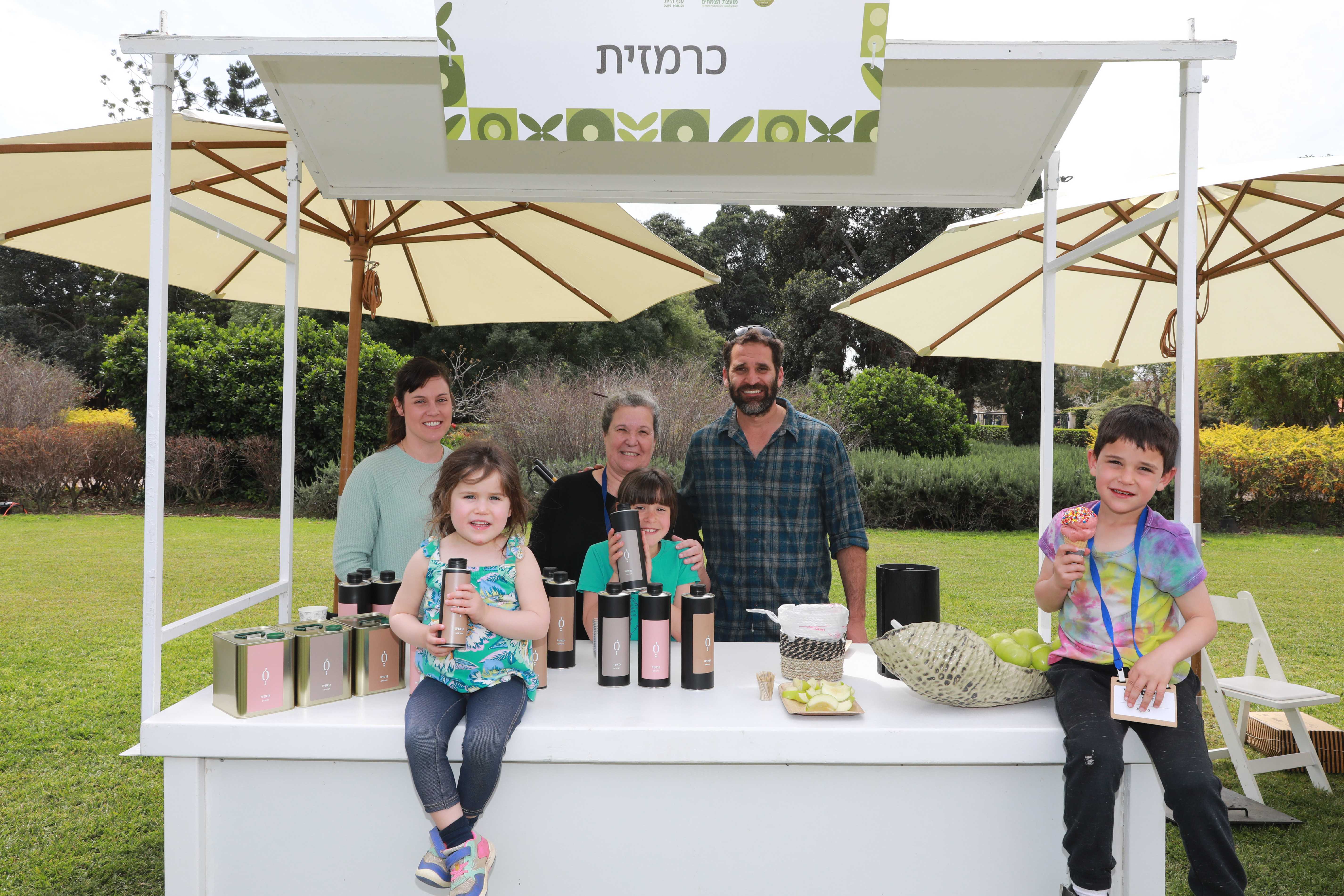
KeremZait owner Nimrod Azulay sells most of his extar virgin olive oil locally.
Besides applying a precise protocol to all farming and harvest to milling operations on the field, Azulay also attributes his success to state-of-the-art and self-made technologies that transform the olives within two hours of harvesting.
“We use the latest technologies available, together with some traditional techniques and machinery that was mostly designed and built in-house,” Azulay said.
“We are also fortunate to have our olive groves in an exceptional terroir, made of highly fertile volcanic soil and excellent climate for growing olives in the northern Jordan valley,” he added.
Azulay finally stressed the role exerted by the relationship with the customers in supporting the efforts to produce high-quality extra virgin olive oil.
“It is an essential element in our approach to olive oil production,” he concluded. “We hand deliver our olive oil to most of our local customers and make sure to get their feedback.”


